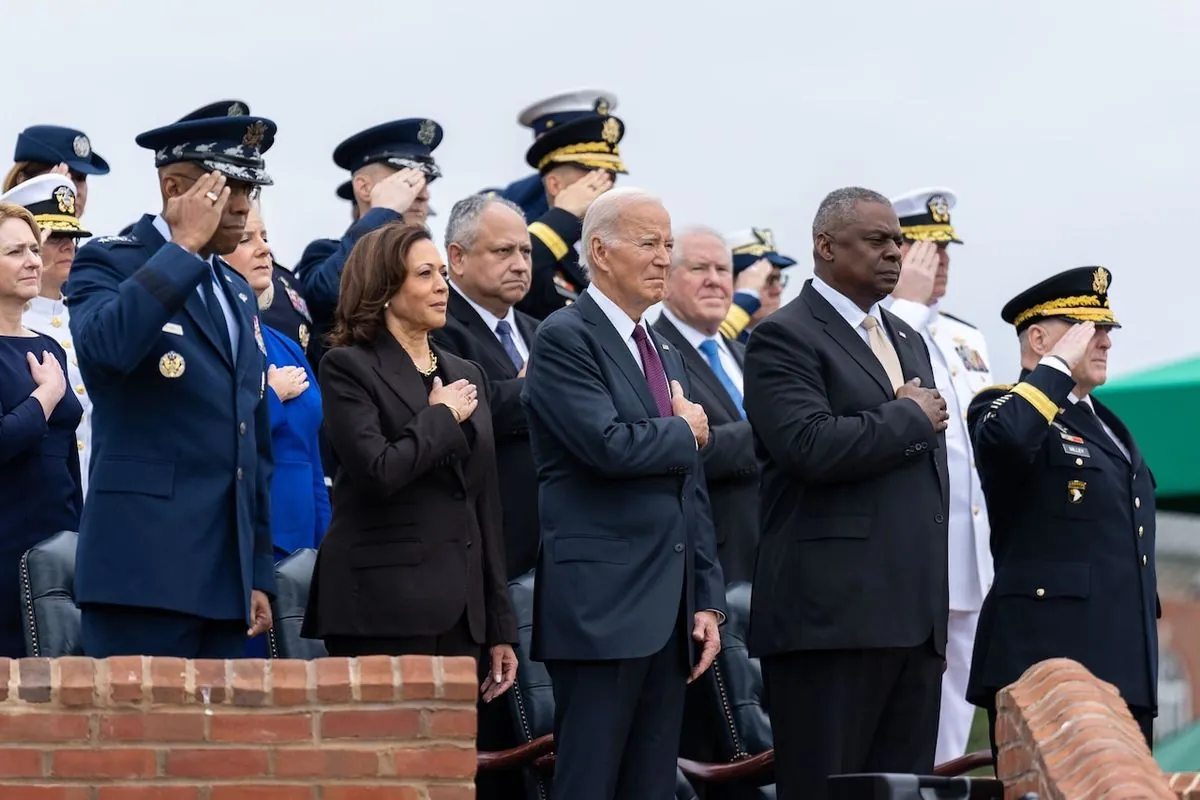On August 16, 2024, Jack Teixeira, a 22-year-old member of the Massachusetts Air National Guard, appeared before a military judge at Hanscom Air Force Base for arraignment on charges related to one of the most significant U.S. national security breaches in recent years. The case has drawn attention to the vulnerabilities in handling classified information within military ranks.
Teixeira deferred entering a plea to charges of obstructing justice and failing to obey a lawful order. His court-martial trial is scheduled for March 10, 2025. The Air Force initiated these charges in May 2024, following Teixeira's guilty plea to separate federal charges in March of the same year.
The Massachusetts Air National Guard, a component of the U.S. Air Force, has been at the center of this high-profile case. Teixeira, who held a top-secret security clearance despite his junior rank, allegedly accessed hundreds of classified documents from January 2022 onwards. His role as a cyber defense operations journeyman granted him access to sensitive information, highlighting the critical nature of information technology roles in military settings.
Air Force prosecutors allege that Teixeira disregarded orders to cease accessing classified information unrelated to his duties. They also claim he attempted to obstruct justice by disposing of electronic devices and instructing someone to delete online messages after the leaks were discovered.
The case has raised questions about the application of the Uniform Code of Military Justice (UCMJ) and potential double jeopardy concerns. Teixeira's defense lawyers argue that the military charges violate his constitutional rights, as he is already facing federal prosecution for the same offenses.
Colonel Vicki Marcus, the presiding military judge, has scheduled hearings for November 2024 and January 2025 to address pre-trial motions. These proceedings will be crucial in determining the course of the court-martial.
The gravity of Teixeira's alleged actions is underscored by the nature of the leaked information, which included sensitive data on various international matters. The use of Discord, a messaging app originally designed for gamers, as a platform for sharing classified information has raised concerns about the security protocols in place for handling such sensitive data.
In the parallel federal case, prosecutors are seeking a sentence exceeding 16 years, with sentencing scheduled for November 12, 2024. This severe potential punishment reflects the serious implications of leaking classified information for national security and international relations.
As the legal proceedings unfold, this case continues to highlight the challenges of maintaining information security in the digital age, even within the most secure echelons of the military. It also serves as a reminder of the critical role that proper training, oversight, and adherence to security protocols play in safeguarding national secrets.
